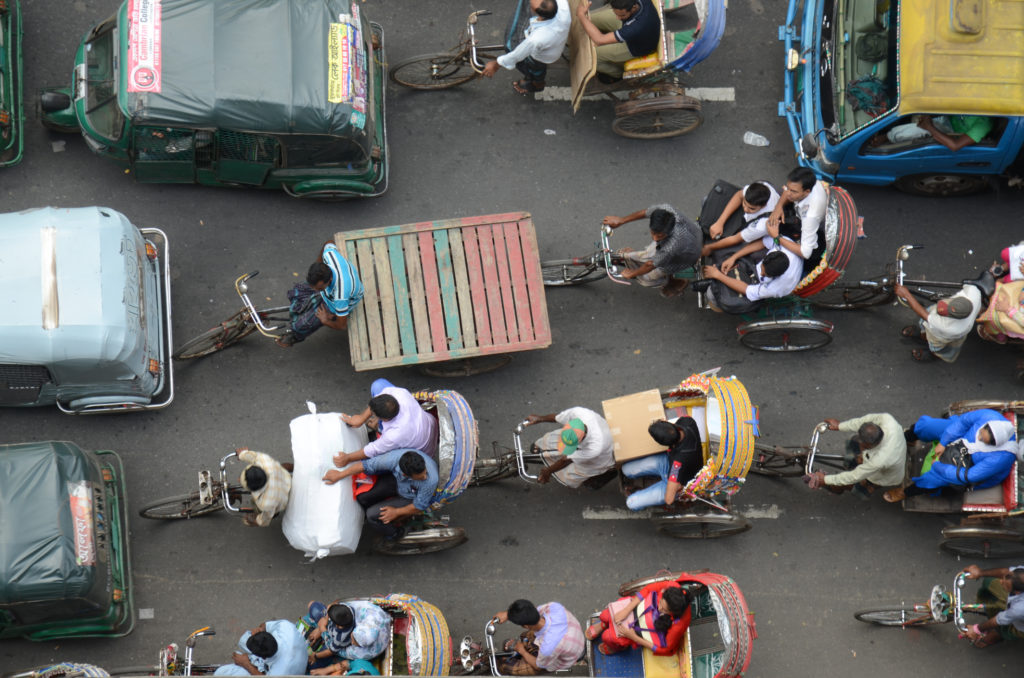Why are Remittances essential for the Global Economy?
A question many people ask in Australia (and other countries) is why do people send money overseas? Why don’t people spend the money here in Australia instead of sending it overseas? Why are remittances essential for the global economy?
Many experts and NGOs write big reports on remittances and its importance for the global economy. It’s a complicated area and there are several things going on. I am not an economist but let me try and explain in a simple way why sending money overseas or remittances are essential for the global economy.
Let’s look at things from an Australian perspective. This is actually similar to the situation to many other wealthy countries.
Money moves from wealthy countries to poor countries
We live in a global economy. Shipping and logistics are so efficient and cheap that it doesn’t matter where you live, you can purchase almost anything in the world and have it delivered to you.
To enable this, financial systems have developed to allow money and payment for goods to move freely from one country to another (well mostly).
Therefore, this means that money naturally flows from wealthier countries to poorer countries.
Different Economies do different things – they specialise
With globalisation, countries are able to specialise more in things they are good at. Countries with lots of natural raw materials like Australia export commodities including coal, iron ore and natural gas.
Other countries can grow and export things like wheat, meat, food etc. Countries with lower wages and higher populations generally move toward manufacturing. Some countries specialise in services such as financial services or trading.
Global trade is essential
Countries earn money by exporting their products and services. They in turn use this money to buy things they need. If they cannot earn money by exporting and trading, they are limited in what they can import and purchase from other countries.
Because it is not really possible for one country to locally manufacture and produce absolutely everything it needs, for countries that cannot export, they either go without many items or the items are very expensive. As a result their economies and relative standard of living can drop.
Low birth rates and aging populations encourage migration
Birth rates in wealthy countries have been reducing for several decades. This might sound good from an environmental perspective but from an economic perspective it can be a big problem.
It means there are not enough people to work in all the jobs that need doing. And these are not just jobs we can do without – these are often essential jobs that keep the Australian economy going.
Note – I am not talking about overpopulation here – that is a different issue when there are too many people in a country for the number of jobs available.
So in Australia, to get around this labour shortage, we encourage migration and seasonal workers to come to Australia to work in these roles.
And here’s what happens next…
Many people also stay on to become permanent residents and citizens. In Australia, these jobs include both skilled and unskilled work across a range of sectors.
Not all countries can export goods and services
Countries that cannot export raw materials or manufactured goods or services, instead export people. Yes this sounds funny but these countries allow and encourage their citizens to leave the country and work overseas. These people work in the jobs that other countries such as Australia need.
These countries trade and export labour, that is human capital. These people travel overseas specifically to work. People work and earn money and send it back to their families in their home countries. This essential flow of money is called remittance.
Here’s why that’s important…
For these countries, remittance is an essential economic lifeline – the country cannot survive without it. For some countries up to one-third of their GDP is made up of remittance.
Again how it works is complicated but put simply these remittance transactions allow a country to earn foreign currency reserves which it can then use to pay for goods it needs to import.
Essential flows of money
Why are remittances essential for the global economy? Some countries require remittance to sustain their economies. Some countries even offer additional financial incentives for remittance – they literally pay people to send money home. Two countries that do this include Pakistan and Bangladesh.

Money is used for basic living expenses
Money sent home through remittance is used for everyday household expenses such as food, medical treatment, education, clothing and other bills.
Unlike in many wealthier countries including Australia where most people are likely to have a job and receive regular income themselves, in many emerging markets this is not the case. In emerging markets many people do not have a formal job or regular income. This is not because they don’t want to work, just that their economies are organised differently and they don’t have alot of formal jobs. Full-time jobs are scarce. People still work but it more casual or irregular working for for a day or two at a time.
There is also usually no government health care, disability or age pension, disability pension or aged care facility. When you are aged, if you do not have savings, your children are expected to look after you including financially. If you do not have children or money, this becomes difficult which is one reason poorer countries can have higher birth rates.
Sometimes one individual may financially support an entire extended family. In order to earn enough income to support this extended family, if work is difficult to find in their own country, travelling overseas to work becomes an attractive option.
What jobs are common?
Common unskilled jobs include cleaning, domestic help and labouring. Skilled jobs include nursing, care industries, hospitality and other service industry roles.
Which countries have large remittances?
The countries with the most significant inward remittance flows include Mexico, India, China, Pakistan, Bangladesh and the Philippines. In our region of Australia, many Pacific Island nations also heavily rely on remittance. For example, for Samoa, almost half of the population live outside the country.
Big sending countries and regions include the US, the UK, Europe, Singapore, Australia and the UAE.
Remittance is not a new phenonium
The idea of working away from home to earn money is not new – it has been going on throughout history. Even in Roman times, soldiers would serve in the Roman Army abroad and send money home to their families.
What has changed is the way people send money home. There are now many options than ever including mobile money transfer such as Rocket Remit.
About Rocket Remit
Rocket Remit is the worlds fastest international money transfer service. Send money instantly to over 38 overseas countries at very competitive rates.
Use the country selector to choose the country and check the rate.
Click here for more information on how to send money using Rocket Remit.
